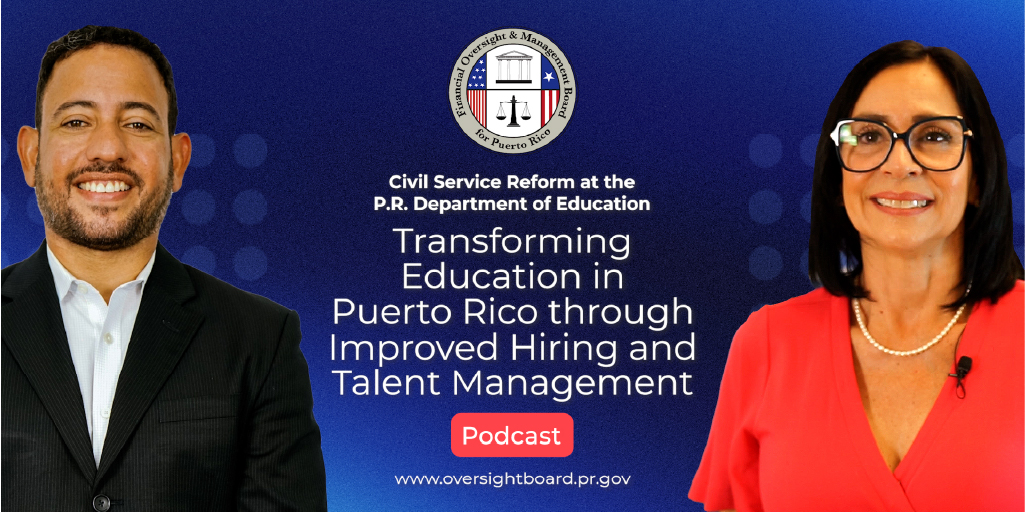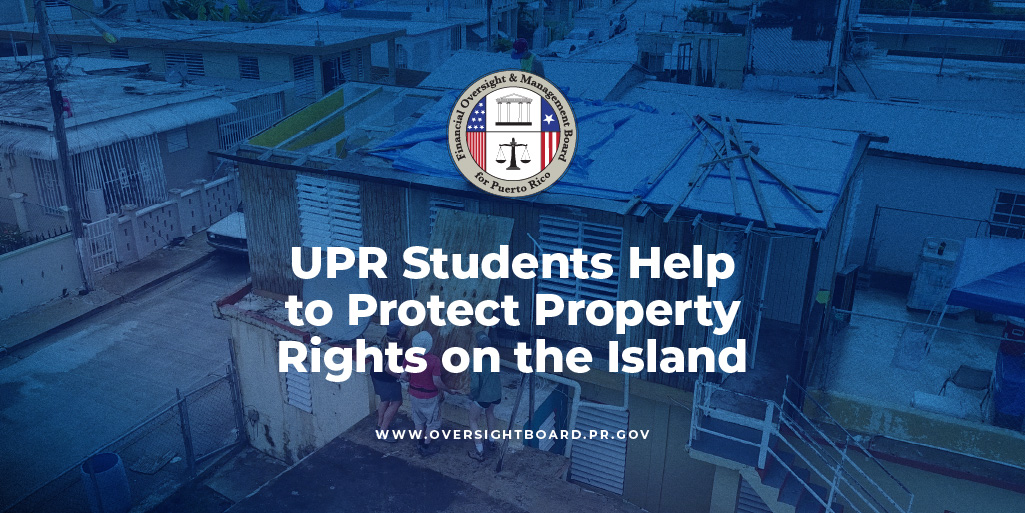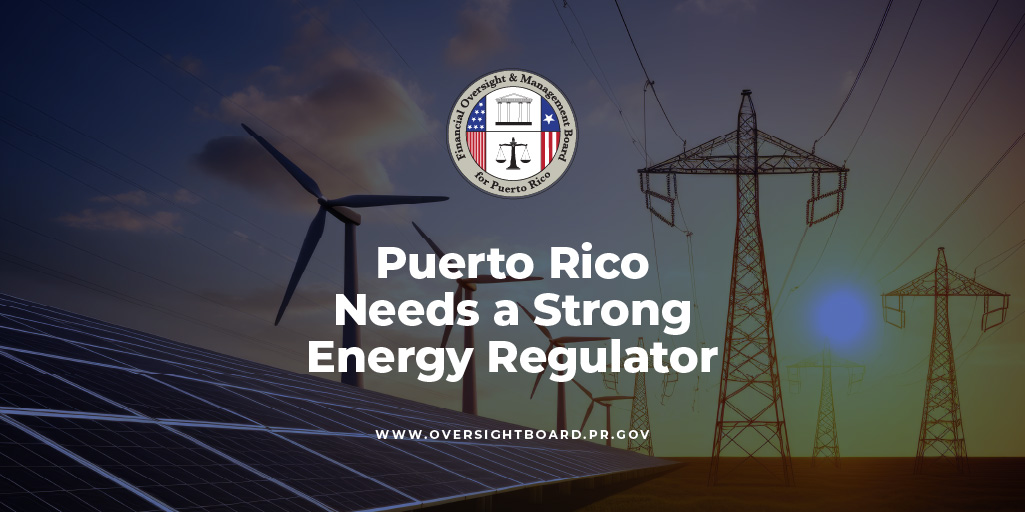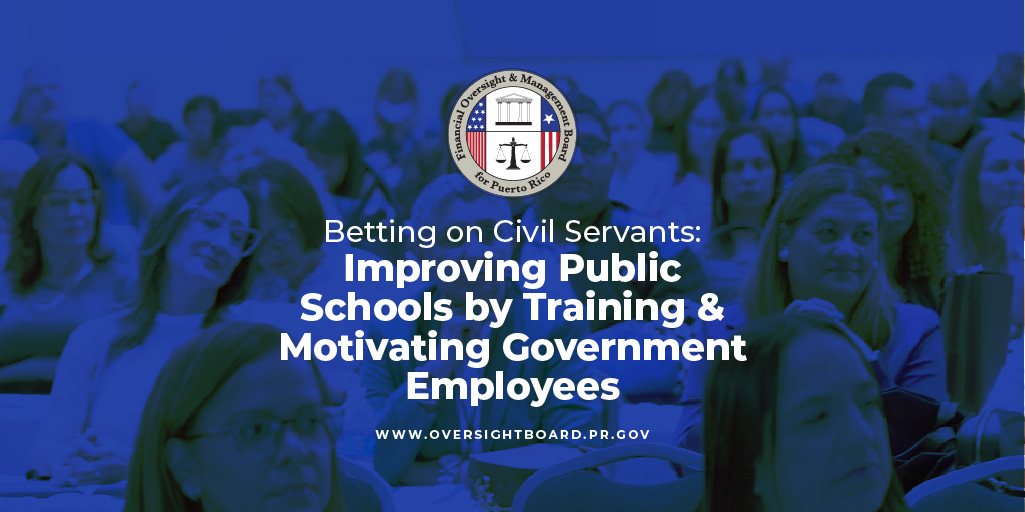When the Puerto Rico Department of Education announced 177 open jobs in April, it received over 8,544 applications in two weeks. How is that possible? PRDE had introduced a new recruitment and talent management platform, using skilled-based hiring and artificial intelligence (AI).
The platform is part of the Civil Service Reform (CSR), a joint initiative of the Oversight Board and the Puerto Rico Government. Several agencies are now using the platform to help them hire the best talent by focusing on candidates’ skills, expedite the recruitment process by moving from a paper-based system to a digital one, increase transparency in the hiring process by masking applicants’ names during the initial evaluation stages and promote professional growth among existing employees through individualized curriculums taught online.
AI paired the 2276 candidates to several vacancies that fit their respective profiles, and after the platform’s initial screening and selection of the candidates based on their skills, 910 people were on the list for phone interviews. By week 5 of the pilot program, 655 candidates had been identified for in-person interviews.
Of the 500 existing PRDE employees participating in talent management phase of the pilot program, over 400 have voluntarily activated their licenses and began using the online portal to complete the courses that were individually selected for them. During the first month of the launch of the talent management phase, over 300 employees spent an average of 10 hours completing the training courses.
Arnaldo Cruz, Deputy Executive Director of the Financial Oversight & Management Board for Puerto Rico spoke with Dr. Yanira Raíces, Secretary of the Puerto Rico Department of Education (PRDE), about the implementation, challenges, opportunities and next steps of CSR at PRDE and the effect of the new recruitment and talent management platform has on the agency.
To listen to the entire conversation in Spanish between Cruz and Dr. Raíces click on the video below. The written version has been translated, condensed, and edited.
The Oversight Board had already begun working on the CSR within PRDE, before you were appointed Secretary. What did you know about the CSR when you were appointed?
I was Superintendent of the Bayamón region, so in the meetings we had with the then Secretary, the reform was discussed or commented on, but in general terms. It was a topic that was talked about but not in depth. So, simply put, I thought they were going to add more positions and maybe remove some. I wondered what would happen with the current roles. Many of my colleagues also had that uncertainty.
Once I became Secretary of Education, I received your [CSR] presentation before your team arrived at the meeting and I read it, studied it and wrote down my questions. I remember that when your team arrived and we sat down to talk, everyone was very nice and smiling. Your team emphasized the timeline and the work that had already been done because this had already been going on. It had already started with Eliezer [Ramos Parés].
I asked several questions, and I appreciate that you were interested in what my vision was. I know you were, because you asked me and your team asked. They said “Secretary, this is what the reform is; this is the work we have done.” But they wanted to also compile or collect from me the vision that I had or what I wanted to implement at the Department. And I asked you: “Is IDEAR here, is the decentralization [of PRDE] contemplated here?”
Well, we were very honest with you, right? This work started in November or December of 2022. We started working with Secretary Eliezer Ramos, who was the [PRDE] Secretary at that time and with Jesús González, who was Deputy Secretary, and we had been working for several months with a focus on strengthening the central offices that had weakened structures and human capital, and IDEAR had not been announced yet. So, a lot of the work we had done wasn't focused on decentralization.
And that’s where we began discussing it. That’s when we started these dialogues where, because of my experience at the central level, even though I was coming from the regional area, I told you how important it was to have those resources [in the regions], not only because of the decentralization, but because it was well known that there was a lack of human resources in the regions to directly address the situations the schools were facing. So, I believe that this dialogue with you and work team helped me reach this happy medium where [we addressed] how much staff we should have at the central level and how much staff we should have in the OREs [Regional Educational Offices].
I want to emphasize how important our work is and how important it is to be aligned with the vision of the person who is leading the agency, because we, at the Oversight Board, are not the ones who are here daily. Our role was always to provide technical support to the Department and if our work was not aligned with the vision of the agency leader, then nothing was going to be achieved. For any reform to be successful, there must be an understanding and conviction from the leader that THIS is what has to happen. So, there were many months of work between your team and our team, until we were able to meet the objectives of the reform, which is the strengthening of the fiscal and administrative areas of the Department, not only at the central offices but also in the regions. So, we were able to get to that point, right?
We were able to arrive and, as you said, there were several work sessions where we discussed this, and the result is what we have today. That’s why I feel very calm, very convinced, to the point where I can defend it and that is important for the Secretary who is leading to believe in the work and be empowered. I believe that as soon as I arrived, I took over the process and that is part of my personality. I must be immersed in it to be able to defend it, because remember that I come from here [PRDE], so my colleagues stop me and ask me. My colleagues stop and question me. And I must give them explanations.
I want your reaction to some of the main findings of this analysis that was made of the structures. First, they were working with the areas of federal funds finance budget, purchases, technology. These are areas that people might wonder “but what does that have to do with the students?” Well, these are the people and areas that work to ensure that the resources reach the schools, because resources don’t just magically arrive there, right? There are people, there are processes and there are systems that ensure resources reach the schools, and if those processes, those systems and those people are not operating correctly, they will not arrive at the schools.
Everything affects the schools. We have a messenger who takes [documents] from one area to another. If that person doesn’t come to work, that may delay the delivery of a file to a location. So, everyone is important.
In the case of the areas you are talking about, I want to highlight technology. Technology and purchasing. Everything is important, but in the case of technology, we are acquiring so much technology, but where is that technology? In the schools. And who works [on distributing] it? The region or the OREs and the school.
One of the [problems] we found was that there was no human capital. We saw job descriptions from the 1980s for positions in technology. Were you surprised that the job descriptions for technology roles were like this?
Very surprised. That’s when I said: that’s why we face the difficulties we face. Because we did not have the resources, those descriptions had not been updated. So, this process did not just involve recruiting, but [also] establishing that description, those skills of that person that will help me, help the Department of Education, to look for the best resources during recruitment. Technology for me is a very important area. I confess that I am not completely knowledgeable about it, but that is why I need to talk to the experts who will give me confidence and information. And in the case of the CSR, the fact that I had the [an updated] description to recruit, I am extremely happy and [I know] I will have that expert [in the Department].
And one of the things that was very important in this dialogue between the Oversight Board and the Education Department was the importance of those resources working within the regional offices. First, they have to exist at the central offices so that the central offices can be strengthened and have the resources and the people. But why did you emphasize that specialized resources [were needed] in the regional offices too?
Because the regional offices are the front line for the schools. I have two islands, I have Vieques and Culebra. So, reaching the schools from the central offices takes time. I want to shorten that time response variable and respond with a certain degree of immediacy to schools. We need the resources for that. Here the variable we are talking about is the time it takes to respond to the schools’ [needs]. Technology is what complements all these processes, equipment purchases, fixing the equipment we have.
Let's talk a little about things we did as part of the reform. One of the problems was that the employees had job descriptions that did not represent what they were doing. For an employee to know what he is supposed to do, it must be included in his job description. There were over 500 employees [participating] in the pilot and almost 80% of the employees were reclassified. They were given a new classification that reflected what the employee was doing and was supposed to be doing. How have the employees felt about receiving this new classification?
Those who received them are extremely happy because they were evaluated, and we worked on the salary part, which is something that they have requested. We are talking about new salaries, some of which were substantial, competitive. So that was good. But also, on the other hand, having employees who told me “but if I have so many years of experience, why didn’t they reclassify me or why didn’t they adjust [my salary] to what I expected?” And the thing is, and correct me if I am wrong, the reform was not based on experience.
An adjustment was being made based on classification, not the employee. So, the adjustments [based on the employee] will come in a later phase where evaluation and talent management processes will be established to encourage growth, but at this moment the important thing was that each position represented what the employee was doing, and that the employee was had a competitive salary. Because the Government of Puerto Rico and the Oversight Board reached an agreement that they wanted salaries to be competitive because we cannot recruit and retain the best talent if we do not have competitive salaries.
I want to finish with the recruiting part. Over 300 positions have been identified, both in the regions and at the central level, in the areas of finance, accounting, management of federal funds, technology, purchasing to strengthen the Department with human capital, with skills that it does not have now. You came to us and voluntarily told us: “we want our new recruitment to go through the processes of the CSR [being used by the] Central Government, and that implement the use of artificial technology”. Why did you request to insert the Education Department into the recruitment reform processes?
I saw a way to depoliticize [hiring at PRDE], because part of what we have talked about regarding recruitment is that [the names are] masked.
Yes, on the platform that is being used, during that first screening, the names of the people who are applying on the platform are masked so the [recruiter] cannot see the name when deciding who goes to the interview.
Another thing about the platform is the skills. You have to have them. You have to show that you have the skills for [PRDE] to want to hire you, so that we can invest in education, in the area where I have the need. So, I tell you and as I have said to people who tell me or talk to me about the political part, about [political] colors in the Department and what I am going to do [about it]: This was the solution.




